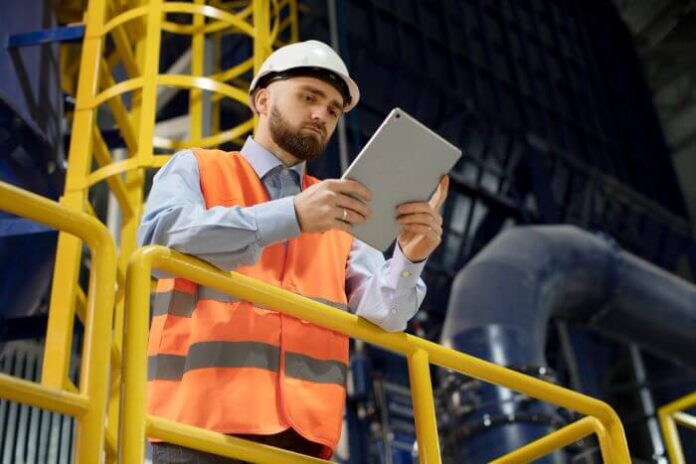In the world of industry, safety is crucial. Every day, workers head to factories, plants, and workshops. They trust that their workplace is safe. But what are the risks they face?
From heavy machinery to harmful chemicals, the industrial sector is full of hazards. It’s not just about hard hats and safety shoes. It’s about understanding the many dangers and knowing how to avoid them.
So, in this article, we will be talking about the most common injuries in the industrial sector. Just keep reading!
The Most Common Injuries in the Industrial Sector
#1: Trips, Slips, and Falls
Busy workplaces have many machines and people moving around. This can lead to slips, trips, and falls. Slipping on a wet floor or tripping over something can cause bad injuries like broken bones or head injuries. Keeping work areas clean and well-lit is important.
Clear signs can also warn people about dangers. If you’ve had an accident at work and are facing problems or not getting the right compensation, find a good work injury lawyer. If you’re in LA, the lawyers at Greenberg & Ruby can help you get what you deserve.
#2: Machinery Misfortunes
Machines play a big role in making factories work. But they come with risks. Big and powerful, they can lead to serious injuries like getting crushed or tangled. Workers need to be well-trained. They should know not just how to use these machines but also how to do so safely.
Employers should make sure machines are checked regularly. Adding safety guards and following safety steps can also stop a lot of accidents before they happen. Safety with machinery isn’t just good sense – it’s a must.
#3: Fatigue and Repetition
Working in factories can be tough. Lifting heavy things, doing the same task repeatedly, and standing or sitting in odd ways can hurt our muscles. To avoid these injuries, we need well-designed workspaces. Workers should be taught how to lift correctly. Also, taking short breaks can help prevent getting too tired or strained.
#4: Chemical Conundrums
Chemicals in factories can be useful but also dangerous. They can cause skin problems or breathing issues if not handled right. Employers should make sure workers know how to use, store, and throw away chemicals safely. Wearing the right personal protective equipment (PPE), like masks and gloves, is the best way to protect from chemical harm.
#5: Fire and Explosions
In places working with combustible substances or volatile gases, there’s always a risk of fires or explosions. These can cause serious burns, breathing problems, or even death. That is why it is your responsibility as an employer to have good fire prevention in place and practice safety drills.
All workers should know what to do in emergencies. Keeping workspaces clean and well-ventilated is key to stopping these dangers.
#6: Dangers from Falling Objects
On busy factory floors, things are always moving. There’s a risk of objects falling, which inflicts head injuries, fractures, and even death. It’s important to check storage setups regularly, make sure shelves are strong, and wear safety helmets in certain areas. This helps protect against the dangers of falling items.
#7: Electric Concerns
In the world of machines, electricity is both a helper and a danger. It powers our equipment but can shock if not handled correctly. Problems like bad wiring or exposed parts can cause serious harm. It’s crucial to follow electrical safety rules, check equipment regularly, and train workers about these dangers. This way, we can stay safe from electrical issues.
#8: The Quiet Problem
While machines make a lot of noise, there’s a hidden danger: damage to our hearing. Being around loud noise for too long can harm our ears forever. To protect workers, we need to control noise levels, make changes to machines if needed, and provide ear protection. Looking after our hearing is vital.
Final Note
Manufacturing is all about safety. It’s a world where workers face lots of risks and hazards. It’s up to employers to make sure everyone is safe. This means good training, sticking to safety rules, and always being alert.
Keeping workers safe isn’t just a law – it’s the right thing to do. And when workers are safe, the business does better. Safety isn’t just a rule; it’s the foundation for success.







